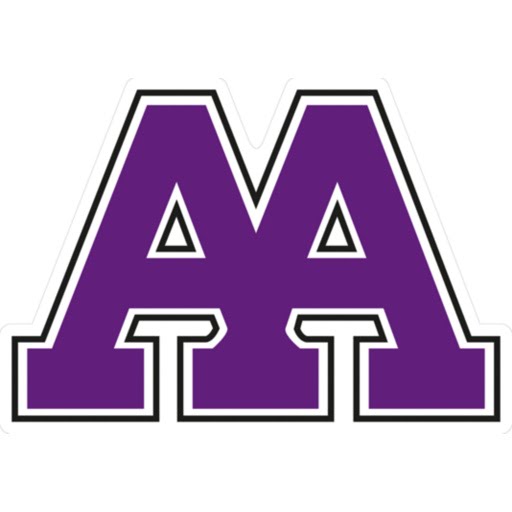Suspensions do nothing but harm students

Ever since teen vaping has gone up, Pioneer has enforced and emphasized the district’s “drug use” suspension policy. Students caught with vaping paraphernalia will either receive a nine-day suspension or a three-day suspension if enrolled in a drug substance program. Such suspensions do not work and thus they will not fix the student-vaping problem.
Schools give out suspensions to make it look like they’re handling a problem when, in reality, they’re just kicking the student out of school for a few days with no follow-up. The student misses school and is expected to return with no additional help. Stephanie Malia Krauss, senior fellow at The Forum for Youth Investment, concluded that many students become repeat offenders and they never learn. If the student chooses the nine-day suspension route, in the nine days that students are gone they do not learn any lessons. They are essentially abandoned by their school and expected to gain something from this experience with no additional guidance.
According to Ann Arbor Public Schools, students should be provided with the work they miss while they are suspended. Not only do they expect students to complete nine days worth of work by themselves, but they also expect the teacher to compile the nine days of work for the student. Most teachers likely don’t even plan nine days in advance, therefore they don’t have the materials ready or printed out. Additionally, if students are expected to do all the work that they missed, it can be assumed that they’re also required to teach themselves the material. While their fellow students are being taught by a teacher, they are learning on their own. This pushes the student further behind their peers.
Another problem is the targeting of certain students. Are community assistants only here to help weed out the troublemakers? Are they trying to help the students or put them in a cycle of suspensions? It’s also expected that some students will know how to get themselves out of the suspension. Maybe they could cry and plead with the adult. They could also claim that it will ruin their chances of getting into a nice college. For the last resort, they could appeal to the adult that decided their punishment. But, this would probably only work for exceptional students because administrators would prioritize not ruining their future over low-performing students Concerning the substance program, it doesn’t take place at Pioneer, so it’s not that accessible to students. The program actually takes place at Forsythe. Students without access to cars will have trouble finding transportation to get there, so they are less likely to get a smaller suspension. The policy also states that the student needs to register for the program, not that they need to go. It would be very easy to use this loophole to get out of the 9-day suspension, so there’s no point to having it in the first place.
In the past few years, Pioneer has tried to establish many restorative justice programs. This is the perfect instance to utilize them, instead of giving out long suspensions that will end up hurting the student in the long run. Restorative justice is used to directly solve a problem, while suspensions push away the problem with no resolutions. The Department of Education conducted a study on the effectiveness of restorative justice and found that it’s responsible for an increase in positive relationships between students and administrators. Other programs, including Peer Positive Influence (PPI) and Peer 2 Peer (P2P) should be used to help these students, as they’re more likely to listen to their peers than an adult.
This isn’t all to say that there shouldn’t be repercussions for vaping in school. The drug and substance abuse program is definitely a good idea, but the district should make it more accessible depending on where someone goes to school. Instead of an at home 9-day suspension, there should be a short in-school suspension, no more than two days and only if the student is a repeat offender. The supervisor will make sure that the student stays caught up with their work. Most students wouldn’t find constant supervision fun and will probably never want to do it again. Instead of punishing and abandoning the offenders, Pioneer should try to help them redeem themselves

